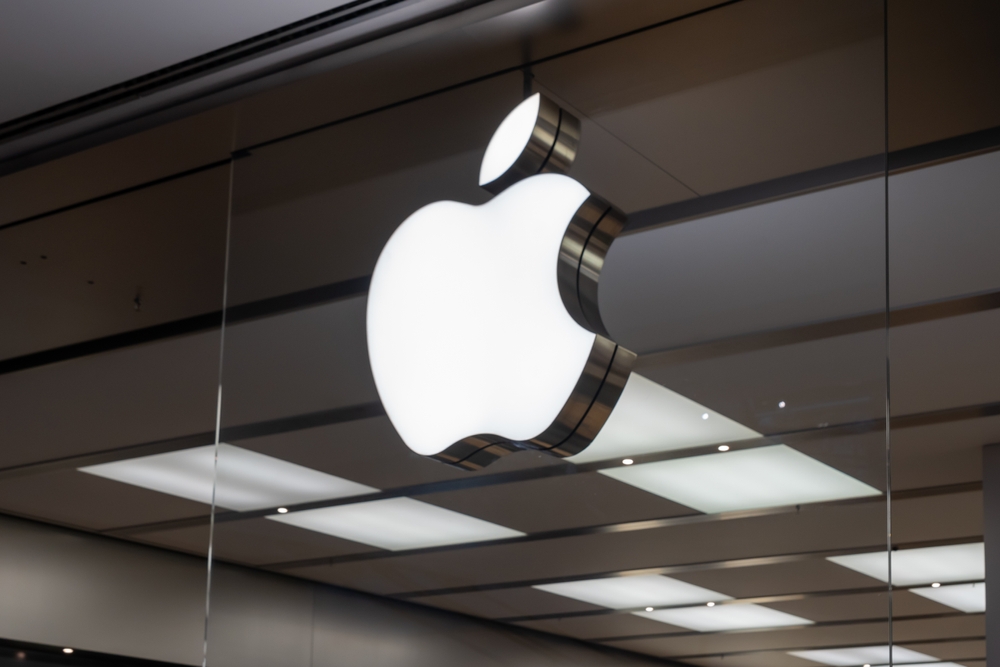
The UK’s Competition and Markets Authority (CMA) has provisionally determined that Apple’s mobile browser policies are stifling innovation and competition. Following a detailed inquiry, the CMA’s findings point to Apple’s rules as a roadblock for third-party browser developers aiming to innovate within the iOS ecosystem. With stricter scrutiny now enabled under the recently enacted Digital Markets, Competition and Consumers Act (DMCC), the CMA is preparing for an extensive assessment of Apple and Google’s dominance in the mobile browser market.
A Duopoly Under Fire
The CMA’s investigation highlights a duopoly between Apple and Google, where both giants dictate terms for mobile browsers. Specifically, Apple’s mandate that all iOS browsers must use its proprietary WebKit engine has raised alarms. This restriction, the CMA claims, prevents other developers from introducing enhanced features, such as faster page loading and broader functionality.
“Apple’s rules restrict competitors from delivering innovative features that could benefit consumers,” the CMA noted, citing feedback from browser developers. Smaller UK app developers have also voiced concerns, arguing that progressive web apps — a lightweight alternative to traditional apps — are underutilized on iOS due to Apple’s constraints.
The DMCC: A New Era of Accountability
The passage of the DMCC earlier this year arms the CMA with unprecedented enforcement powers. The Act allows the CMA to designate companies with “Strategic Market Status,” empowering it to impose fines of up to 10% of global revenue on violators. This is a significant move in curbing Big Tech’s unchecked market control, particularly for companies like Apple and Google, which face fewer challenges in their home markets.
Apple’s Defense and the Road Ahead
Apple has defended its policies, citing user security, privacy, and performance as primary motivations for its WebKit requirement. The tech giant argues that third-party browsers with features like ad-blockers and AI tools reflect healthy competition. Yet, the CMA contends that developers remain hamstrung by the inability to innovate fully on iOS.
The CMA’s report also criticized how browser options are presented, accusing Apple and Google of manipulating user choices. Revenue-sharing agreements between the two firms were flagged as further reducing incentives to foster competition.
What’s Next?
A public comment period on the CMA’s findings will conclude on December 13, paving the way for a final ruling by March 2025. With the DMCC in full swing, this case could mark a pivotal moment in the fight against tech monopolies.
For more details, visit the original source: Engadget.

 Get in Touch
Get in Touch 


